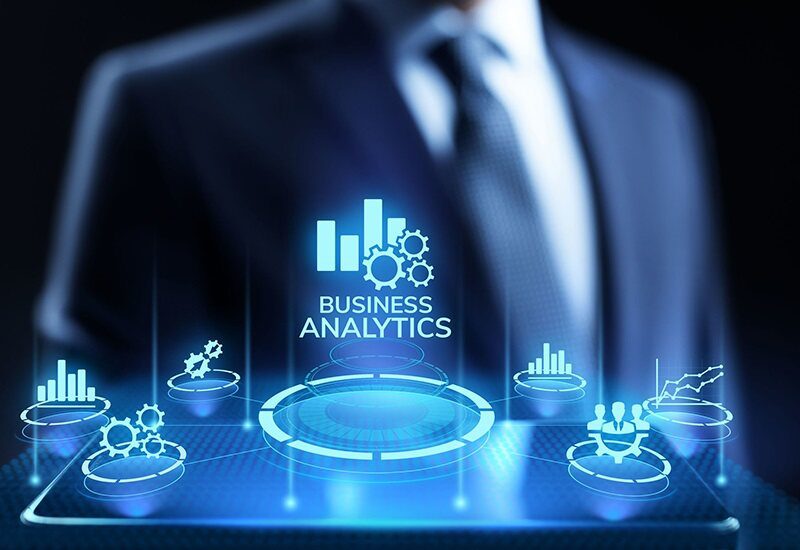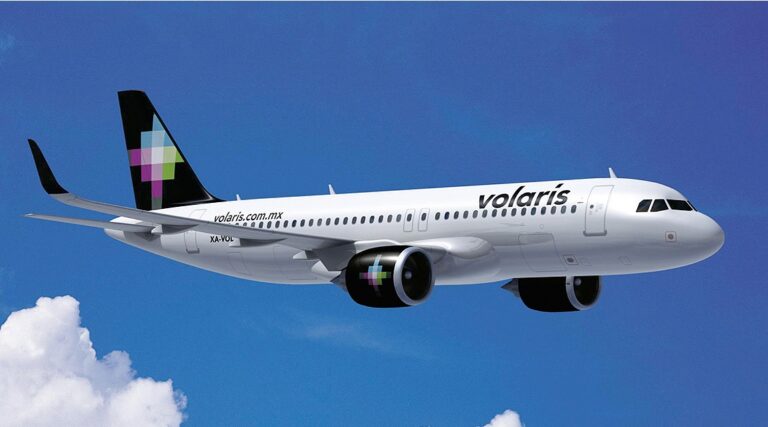
The Power of Data: Analytics in Event Management
In today’s digital age, data has become an indispensable resource across various industries. Event management is no exception to this trend. The incorporation of data analytics has revolutionized the way events are organized, executed, and assessed. By harnessing the power of data, event organizers can gain valuable insights, enhance attendee experiences, and make informed decisions that lead to successful events.
The Role of Data in Event Planning
Gathering Pre-event Data
Before an event even begins, data can provide valuable insights that shape the planning process. By analyzing demographics, market trends, and previous event data, organizers can identify target audiences and tailor their strategies accordingly. This proactive approach significantly increases the likelihood of a successful event.
Utilizing Historical Data
Past events hold a wealth of information that can guide future endeavors. By examining attendance figures, attendee feedback, and engagement metrics, organizers can fine-tune their planning, promotional efforts, and resource allocation.
Understanding Attendee Preferences
Data analytics enables organizers to understand attendee preferences on a deeper level. By analyzing feedback, surveys, and social media interactions, organizers can identify what attendees truly value and adjust event offerings to match those preferences.
Real-time Analytics during Events
Monitoring Attendee Engagement
During events, real-time data collection allows organizers to monitor attendee engagement levels. Tracking metrics like session attendance, booth visits, and interactions provide instant insights, enabling organizers to make quick adjustments to enhance the overall experience.
Adapting to Changing Needs
Events can be dynamic, with attendee preferences and needs evolving as the day unfolds. Data-driven insights empower organizers to adapt to these changes swiftly. For instance, if certain sessions are gaining more traction than anticipated, organizers can allocate additional resources to accommodate the demand.
Post-event Analysis and Insights
Measuring Success Metrics
Data-driven event management extends beyond the event itself. Organizers can use data to measure the success of their efforts. Metrics such as attendee satisfaction, social media reach, and lead generation provide quantifiable results that demonstrate the event’s impact.
Identifying Areas for Improvement
Data analysis also highlights areas that require improvement. By identifying bottlenecks, underperforming sessions, or logistical challenges, organizers can make informed decisions for future events, ensuring continuous enhancement.
Enhancing Attendee Experience with Data
Personalizing Event Experiences
Personalization is a key aspect of attendee satisfaction. By analyzing attendee profiles and past behaviors, organizers can tailor recommendations, content, and networking opportunities, ensuring each attendee’s experience is meaningful and relevant.
Optimizing Resource Allocation
Resources like staff, materials, and time are finite. Data-driven insights help organizers allocate these resources effectively. Analytics can reveal which aspects of an event require more attention and investment, optimizing overall resource allocation.
The Role of Technology in Data-driven Event Management
RFID Technology and Tracking
RFID technology allows for seamless attendee tracking. From check-ins to session attendance, RFID enables accurate data collection that informs organizers about attendee movements and preferences.
Mobile Apps and Data Collection
Mobile event apps offer attendees convenience while providing organizers with valuable data. These apps can track session popularity, dwell times, and interactions, giving organizers real-time insights into attendee engagement.
Challenges and Considerations
Data Privacy and Security
Collecting and storing data comes with responsibilities. Organizers must prioritize data privacy and security to ensure that attendees’ personal information is handled in compliance with regulations and industry standards.
Interpreting Complex Data Sets
Interpreting large and complex data sets can be challenging. Organizers may need to invest in analytical tools or work with experts to extract meaningful insights from the data collected.
Embracing the Future of Data-powered Events
The integration of data analytics into event management is an ongoing journey. As technology evolves and data analysis becomes more sophisticated, event organizers have the opportunity to continuously refine their strategies and create memorable experiences.
Conclusion
Data analytics has transformed event management, offering organizers unprecedented insights into attendee behaviors, preferences, and event effectiveness. By harnessing the power of data, event professionals can adapt to changing needs, enhance attendee experiences, and elevate the overall success of their events.
Are you ready to take your event planning to the next level? Look no further! Tagline Infotech is your premier partner for cutting-edge Event Management App Development. 🚀
FAQs (Frequently Asked Questions)
-
How does data analytics impact event planning? Data analytics informs event planning by providing insights into demographics, trends, and attendee preferences, allowing organizers to tailor their strategies.
-
What are RFID technology and its role in events? RFID technology enables seamless attendee tracking and data collection, enhancing event organization and personalization.
-
Can data analytics improve post-event analysis? Yes, data analytics enhances post-event analysis by quantifying success metrics and identifying areas for improvement.
-
How does data-driven personalization benefit attendees? Data-driven personalization ensures that attendees receive relevant recommendations and content, enhancing their event experience.
-
What challenges do event organizers face with data collection? Event organizers must address challenges related to data privacy, security, and interpreting complex data sets to harness its full potential.



